What are Porcelain Veneers and How are they Applied?

Understanding Porcelain Veneers

An Overview of Porcelain Veneers
Porcelain veneers are ultra-thin, custom-made shells designed to fit perfectly over the front surface of your teeth. Think of them like customized covers that instantly improve the look and shape of your smile. They have a durable surface that holds up well to daily life, but like natural teeth, they need regular care to stay healthy and beautiful.
As a top choice for smile enhancements, porcelain veneers offer a wonderful blend of beauty and strength. They can fix a wide range of concerns, from small chips to a complete smile transformation. Because they last for many years, porcelain veneers are a popular choice for people looking for a long-lasting improvement to their smile.
Benefits of Porcelain Veneers
Porcelain veneers offer several advantages that make them a desirable choice for individuals looking to enhance their smiles. Below are some key benefits:
Understanding the benefits and applications of porcelain veneers is crucial for anyone considering this dental solution. For further insights, one can explore our articles on what to expect during a dental veneer procedure? and common myths about dental veneers.
Dental Concerns Addressed
Imperfections Fixed by Veneers
Dental veneers are thin tooth-colored layers placed over visible tooth surfaces to enhance appearance and protect against oral health concerns. These custom-crafted solutions are commonly applied to incisors and canines. Porcelain veneers offer immediate aesthetic improvements by custom-matching the color, shape, and size of natural teeth, resulting in a seamless, natural-looking smile. They can effectively cover a variety of imperfections, such as:
Veneers can significantly boost self-confidence by providing a beautiful and bright smile
Solutions for Dental Imperfections
For individuals dealing with various dental imperfections, veneers present a minimally invasive solution. Unlike other procedures such as crowns or bridges that require significant alteration to the natural tooth, porcelain veneers require only a small amount of enamel removal. This preserves the majority of tooth structure, making veneers an appealing option for many [3].
However, it’s essential to recognize that dental veneers are irreversible, as the enamel removed during the procedure cannot regenerate. Furthermore, they may not be suitable for individuals with weakened teeth, significant tooth decay, or advanced gum disease. Proper assessment by a dental professional is vital before proceeding with veneer application [4].
Overall, porcelain veneers serve as a versatile solution to various dental imperfections, offering both aesthetic enhancement and protection for one’s oral health. For further insights into the application process, refer to the article on what to expect during a dental veneer procedure?.
Porcelain Veneers Application
Process of Applying Veneers
The application of porcelain veneers typically involves two appointments, spanning around three weeks in most dental clinics. The process begins with an initial consultation, during which the dentist evaluates the patient's dental health and discusses aesthetic goals.
This method ensures a seamless transition to a beautiful smile, while the process remains generally painless. Patients may feel minimal discomfort during the local anesthesia administration, but typically experience no discomfort during the procedure.
Who is a Good Candidate for Porcelain Veneers?
Porcelain veneers are a fantastic cosmetic solution, but they aren't right for everyone. You might be an ideal candidate if:
- You have healthy teeth and gums: Veneers are applied to existing teeth, so good underlying oral health is essential. Significant decay or gum disease needs to be addressed first.
- You want to correct cosmetic flaws: Veneers excel at masking issues like deep stains, chips, small gaps, minor misalignment, or unevenly shaped teeth.
- You have sufficient tooth enamel: A thin layer of enamel is removed during preparation, so enough must remain for the veneer to bond securely.
- You don't grind your teeth heavily (bruxism): While a nightguard can help, severe grinding can potentially damage veneers over time.
Dr. Gershkowitz will conduct a thorough assessment during your cosmetic consultation to confirm if veneers are the best option for your unique smile goals.
Pain Considerations and Aftercare
The process of getting porcelain veneers is generally painless. Patients may experience some soreness after the procedure, manageable with over-the-counter medications [5]. Discomfort typically subsides within a few days.
Aftercare for patients receiving porcelain veneers includes:
For those interested in more detailed information about the veneer process and what to expect, they can refer to our article on what to expect during a dental veneer procedure?. Additionally, patients curious about how veneers address dental imperfections like gaps can learn more at can veneers fix gaps in your teeth?.
Porcelain Veneers vs. Composite Veneers: Understanding the Difference
While both options can enhance your smile, there are key differences between porcelain and composite (resin) veneers:
- Material: Porcelain veneers are crafted from a strong, high-quality ceramic in a dental lab. Composite veneers are made from a tooth-colored resin applied directly to the tooth and sculpted by the dentist.
- Appearance: Porcelain offers superior translucency and shine, mimicking natural enamel most closely. Composite can look good initially but is more prone to staining over time.
- Durability: Porcelain is significantly stronger and more resistant to chipping and staining. They typically last 10-20 years or more with proper care. Composite veneers are less durable, usually lasting 3-7 years before needing replacement or repair.
- Procedure: Porcelain requires two visits (preparation/impressions, then bonding). Composite can often be done in a single visit.
- Cost: Porcelain has a higher initial investment, but its longevity often makes it more cost-effective long-term. Composite is less expensive upfront but requires more frequent replacement.
Types of Veneers
Understanding the various types of dental veneers is essential for making an informed decision about cosmetic dental improvements. Two of the most common options are porcelain veneers and composite veneers.

Comparison: Porcelain vs. Composite Veneers
The comparison below highlights the key differences between porcelain and composite veneers. Each type has unique advantages and disadvantages that can affect a person's choice based on their specific needs and preferences.
Both options have their merits, with porcelain veneers typically providing more durability and aesthetics, while composite veneers can be a more budget-friendly choice.
Considerations for Veneer Selection
When selecting between porcelain and composite veneers, several factors should be considered:
It is important to consult with a dental professional to discuss personal goals and circumstances, helping determine which type of veneer is the most appropriate choice. For more information on the application process, refer to the section on what to expect during a dental veneer procedure?.
Cost and Durability Factors
Cost of Veneers
Understanding the financial implications of obtaining porcelain veneers is essential for anyone considering this cosmetic enhancement. The typical cost of porcelain veneers ranges from $925 to $2,500 per tooth. This high price point is often attributed to the procedure being classified as cosmetic, which means it is usually not covered by insurance.
The overall cost can vary based on several factors, including the complexity of the patient's dental situation, geographical location, and the expertise of the dentist performing the procedure. Although porcelain veneers are relatively expensive, many consider them a valuable investment due to their longevity and aesthetic appeal.
Type of Veneer Cost per Tooth: Lifespan Porcelain$925 - $2,50010-15 years (up to 20 years with proper care)Composite$400 - $2,0005-7 years
Further elaborating on the worthwhile investment of porcelain veneers, their durability and performance over time often justify the initial expenditure. For more information on the associated costs, check our article on how much do porcelain veneers cost?.
Longevity of Porcelain Veneers
Porcelain veneers are renowned for their impressive durability, typically lasting 10 to 15 years. With appropriate care, some can endure up to 20 years before needing replacement [4]. This longevity makes porcelain veneers a favored choice among those seeking to enhance their dental aesthetics.
The material's resistance to staining is another critical factor contributing to their durability. Porcelain maintains its color and shine over time, making it a resilient option for individuals looking to keep a bright smile. Additionally, they are considered the gold standard for veneers due to their superior strength compared to composite options, which last around 5 to 7 years.
To explore further details on how long porcelain veneers last in comparison to other types, visit our resource on how long do porcelain veneers last compared to other veneers?. Understanding the costs and longevity of porcelain veneers helps individuals make informed decisions about their dental options.
Dental Veneers Care
Caring for porcelain veneers is essential for maintaining their appearance and longevity. Proper maintenance and oral hygiene practices help ensure that the veneers remain in good condition and that underlying tooth health is preserved.
Maintenance Tips for Veneers
Oral Hygiene Practices
Maintaining a consistent oral hygiene routine is critical for the success of porcelain veneers. Here are key practices to ensure optimal care:
By adhering to these maintenance tips and oral hygiene practices, individuals can extend the life of their porcelain veneers, which can last between 10 to 15 years or even longer with proper care. For more information on veneers and their benefits, visit our page on what are porcelain veneers and how are they applied?.




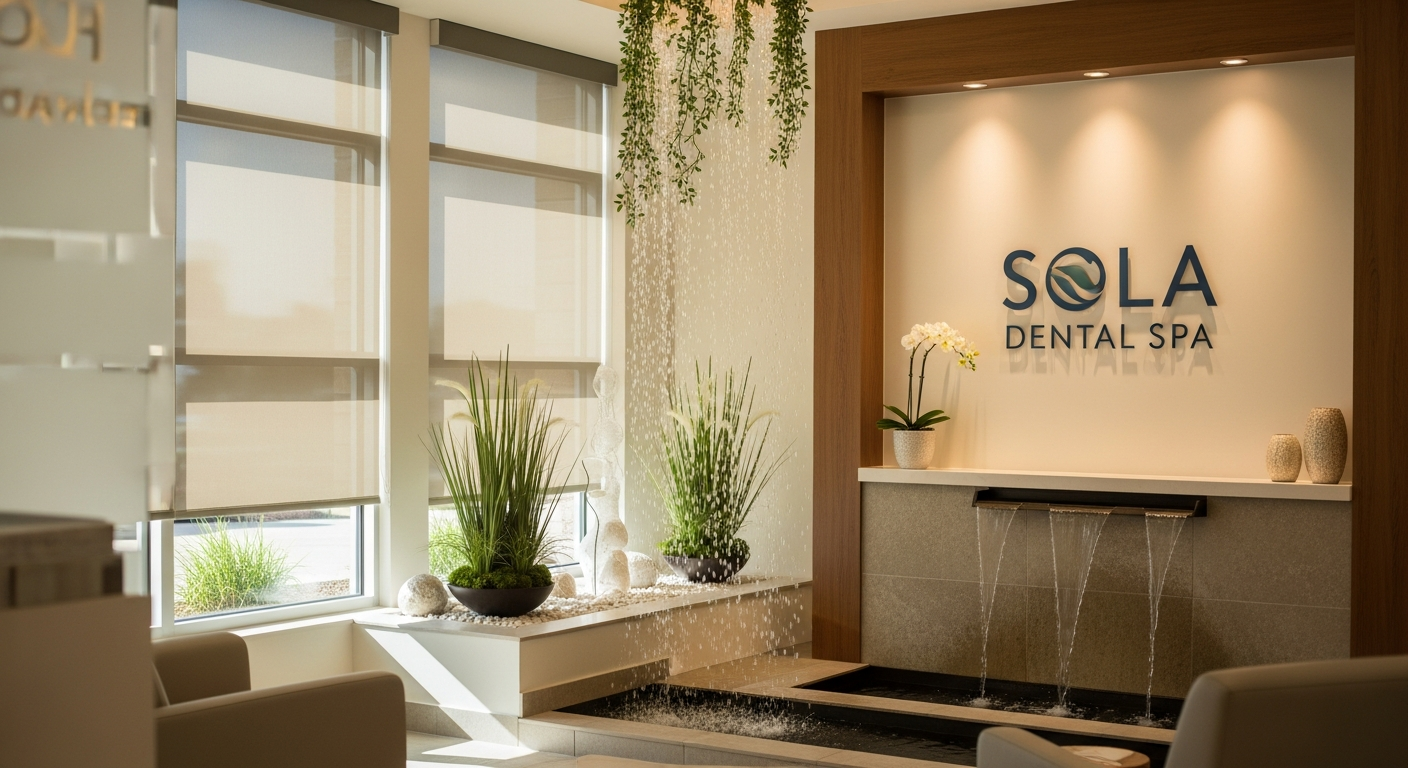


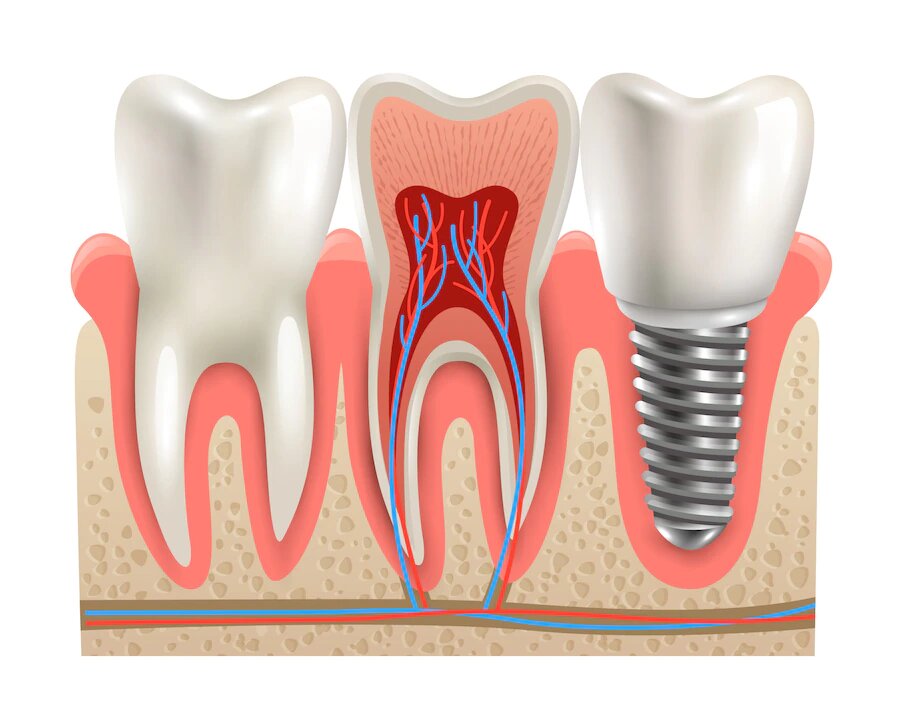










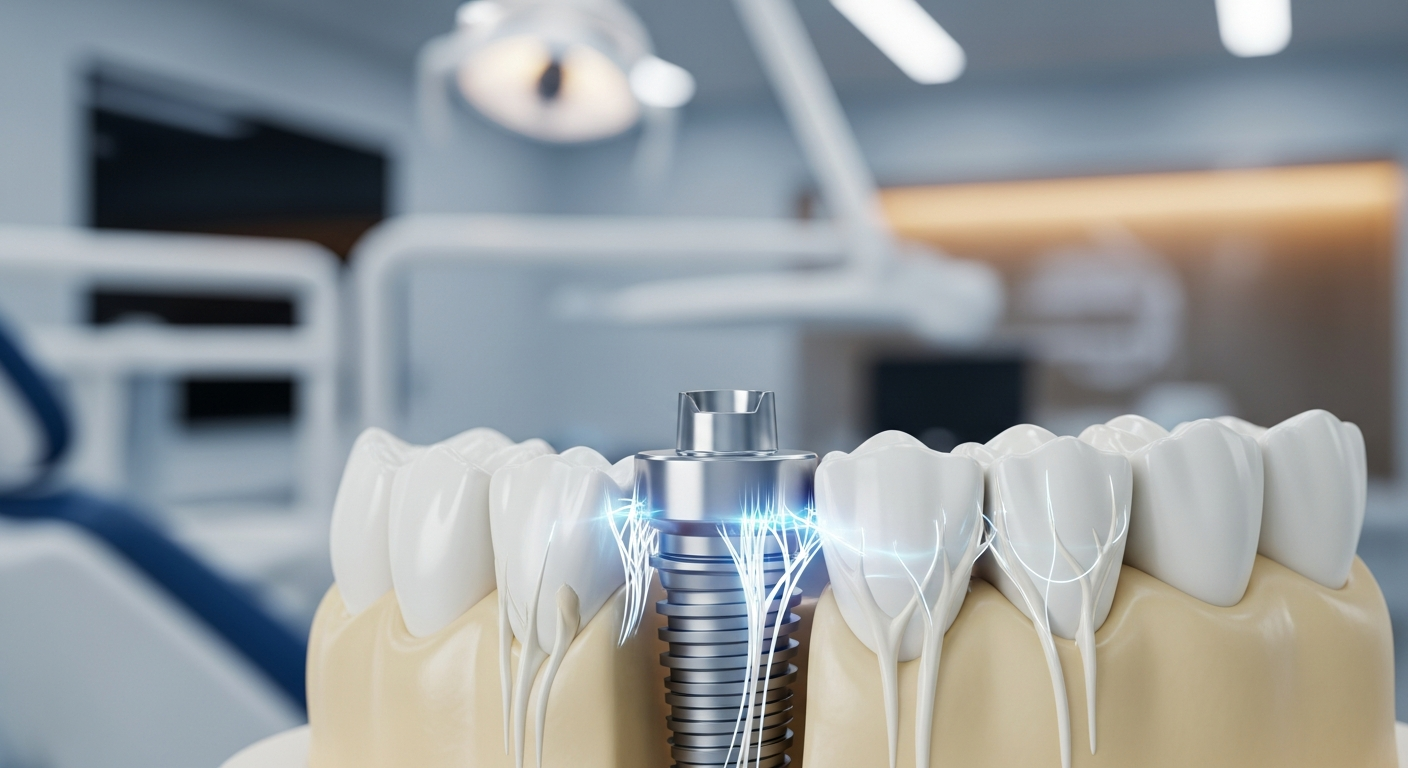






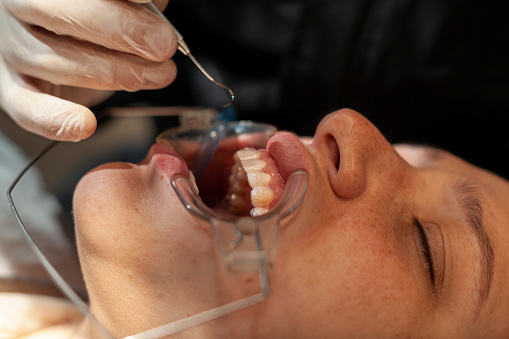

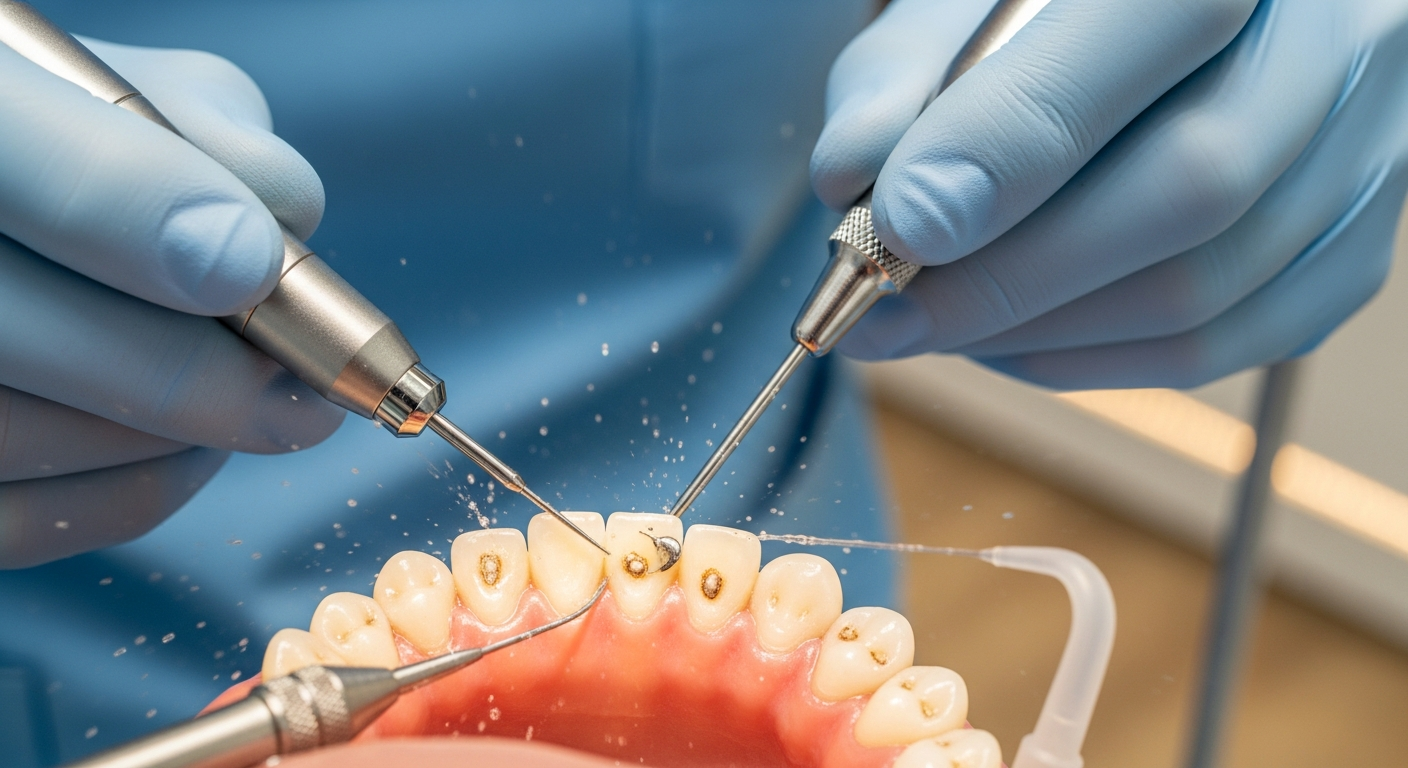

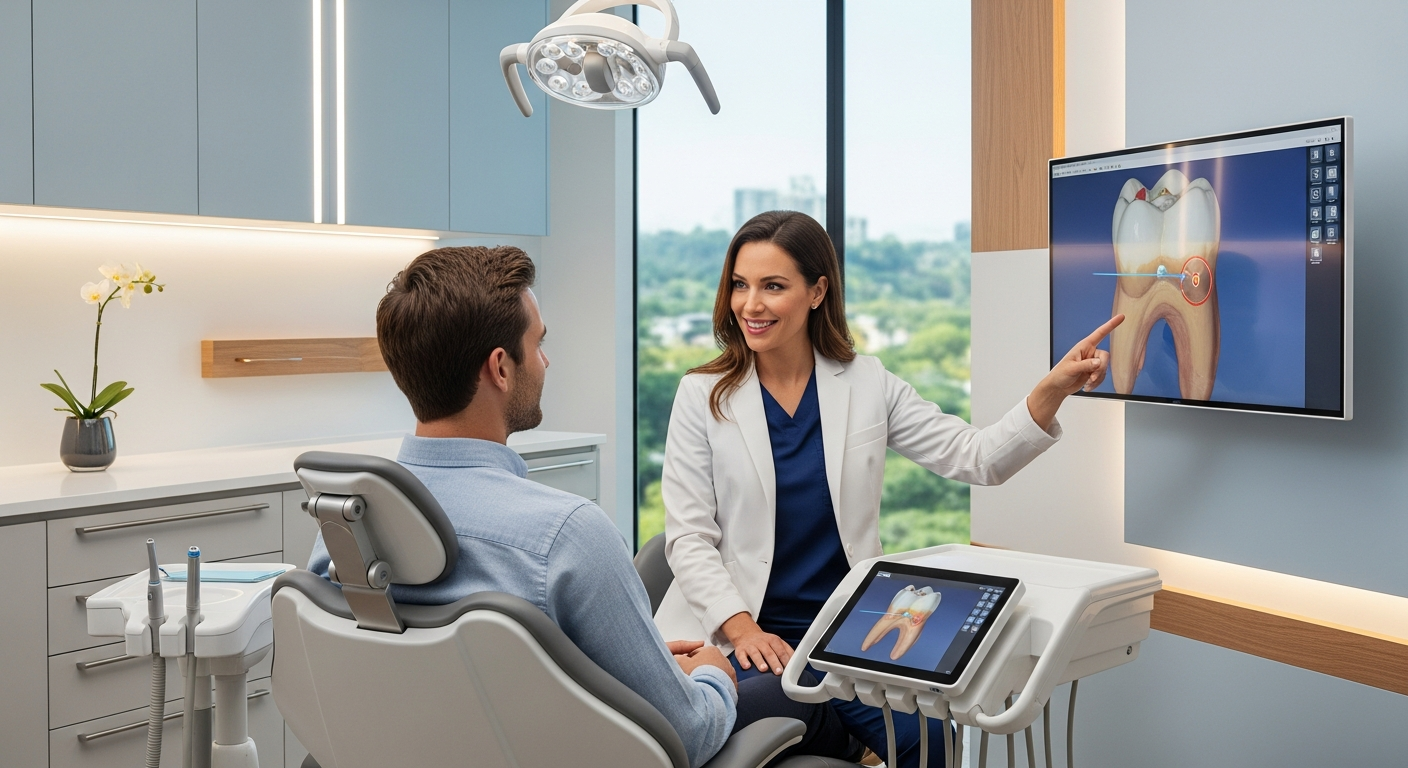
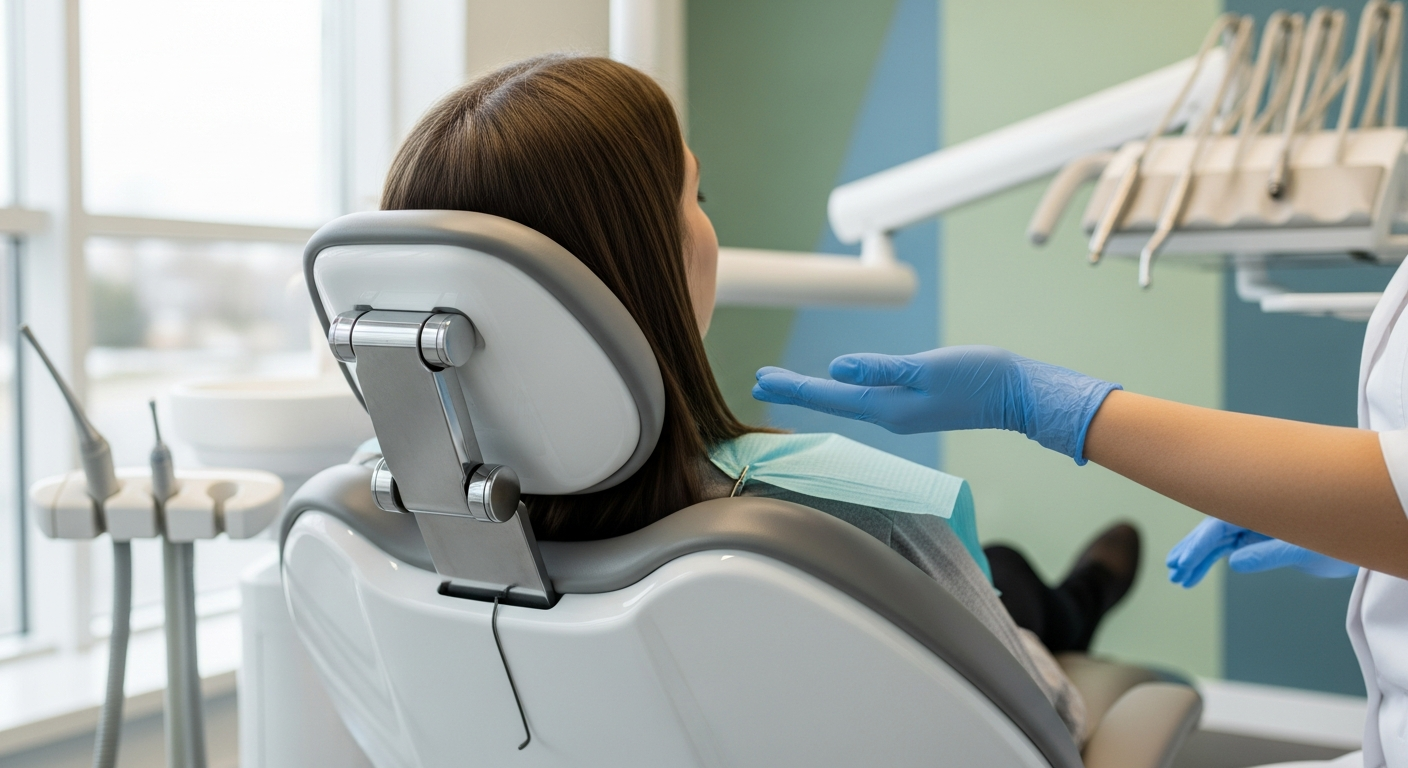


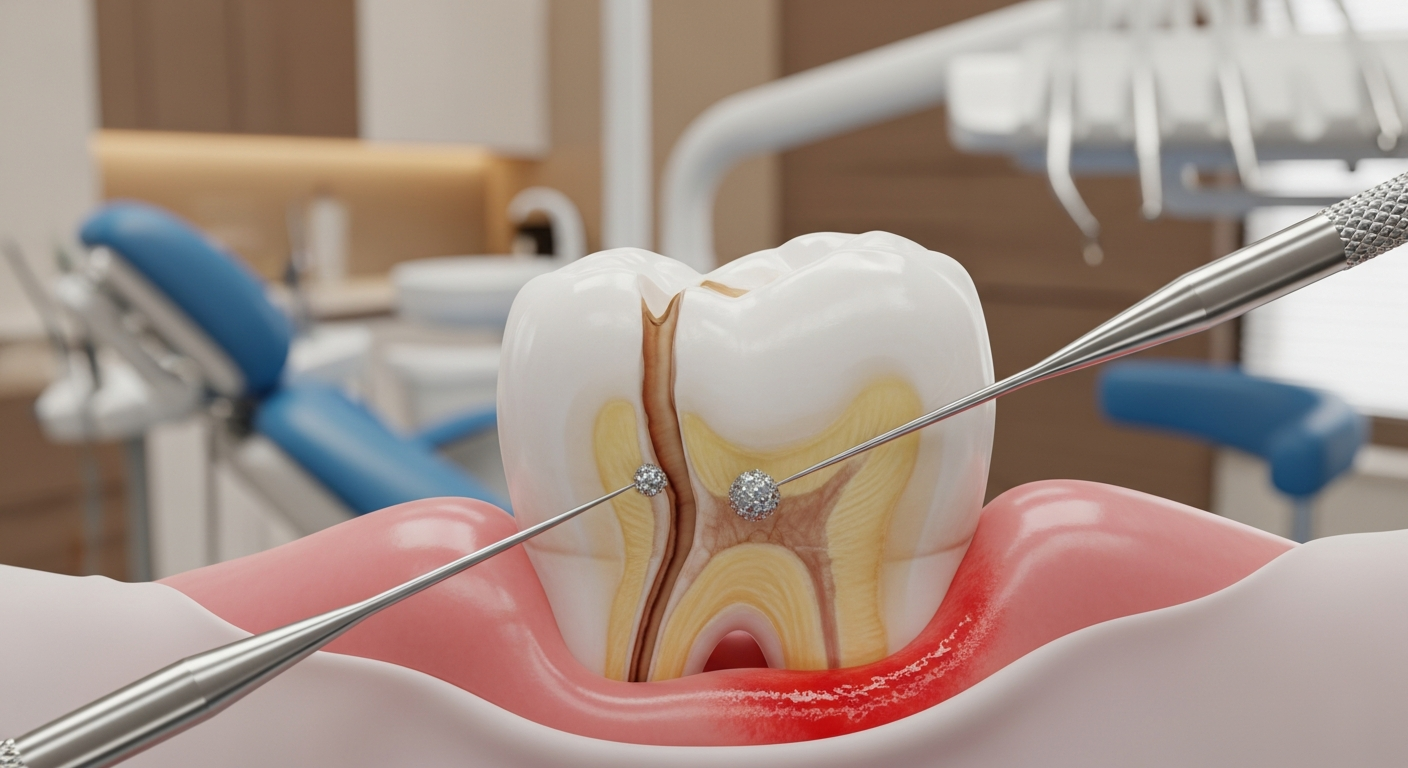




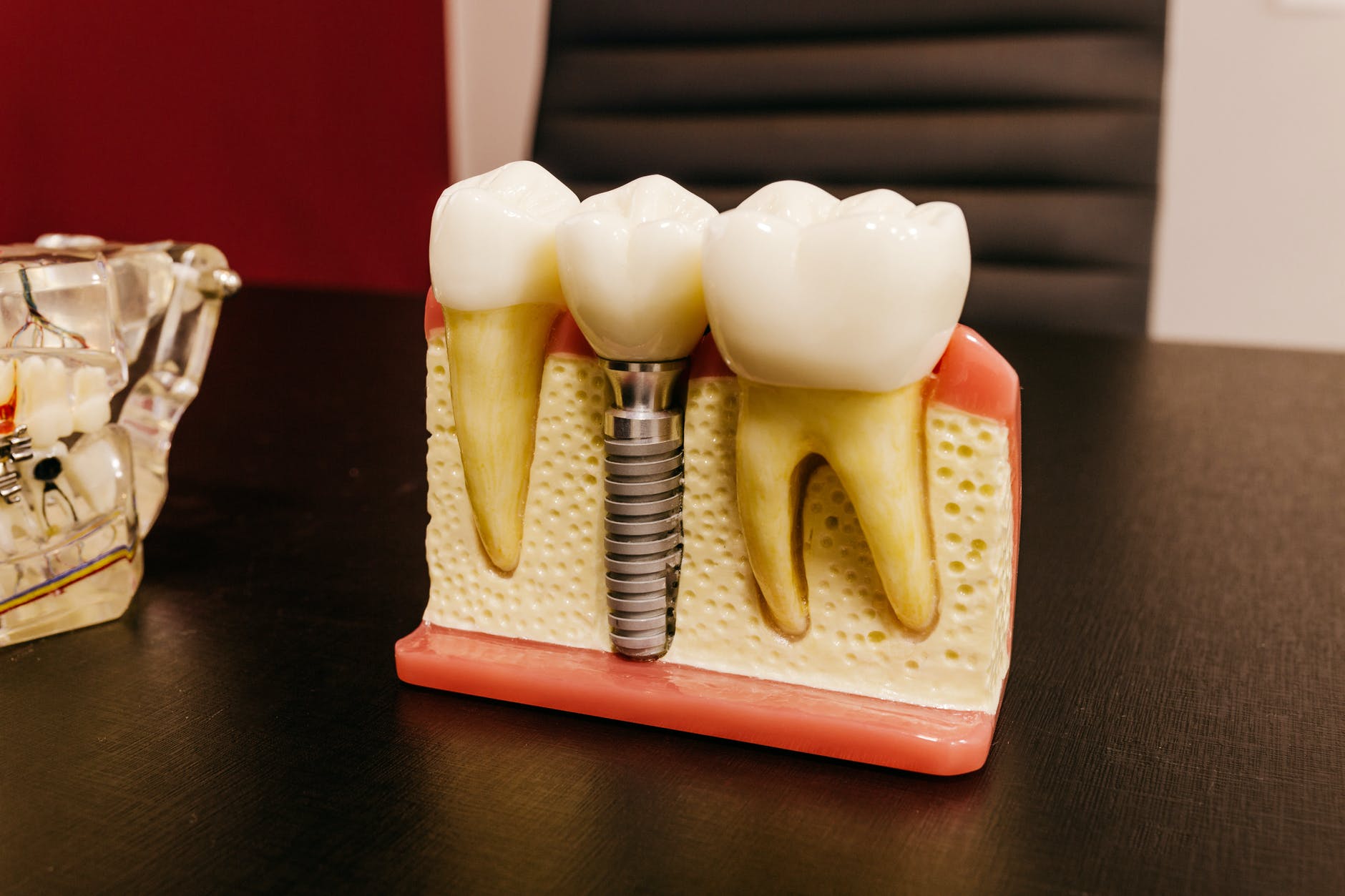


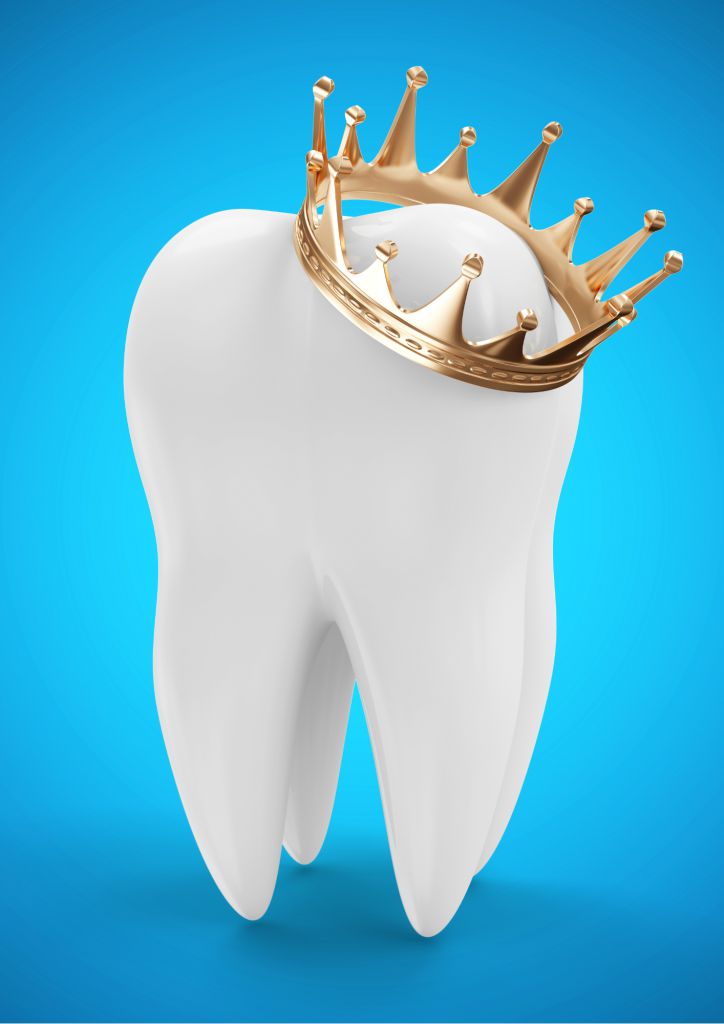


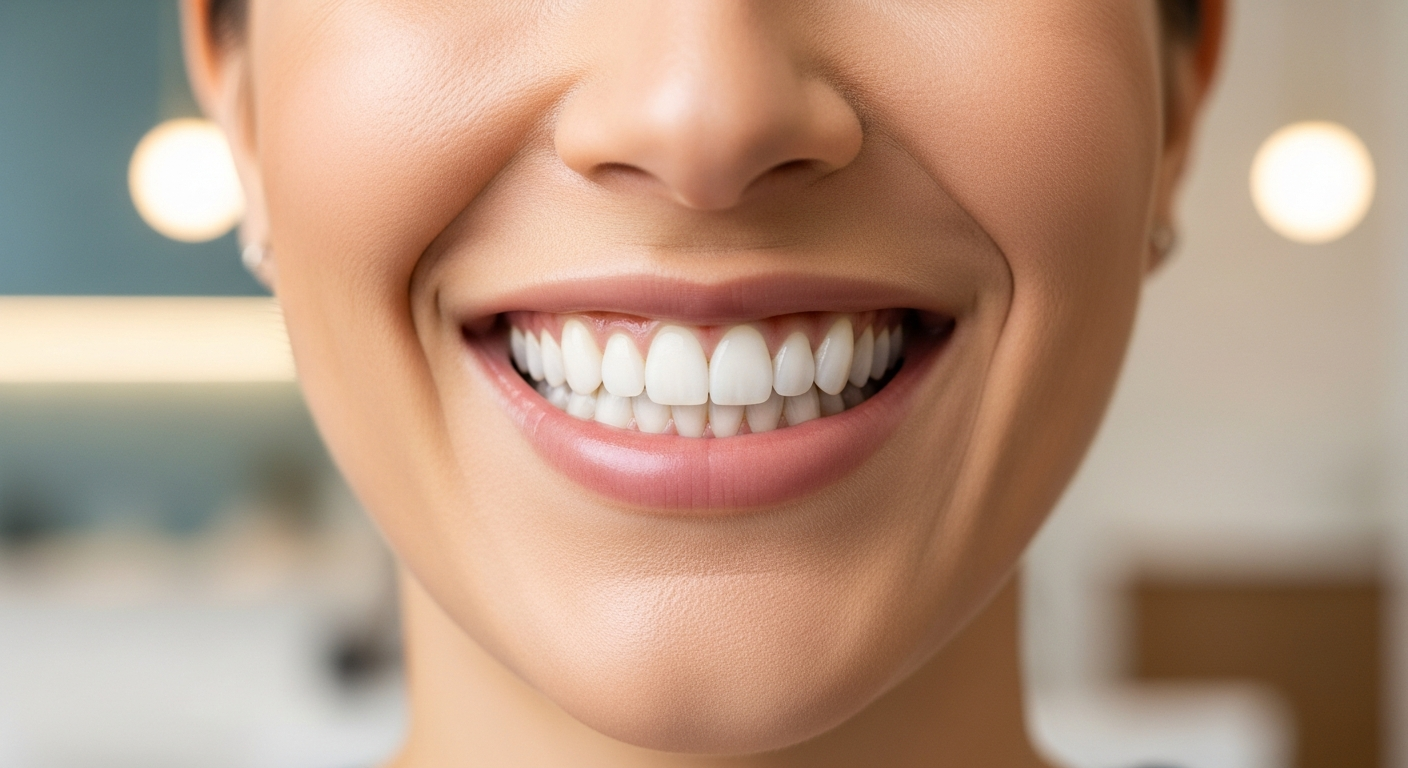



.avif)







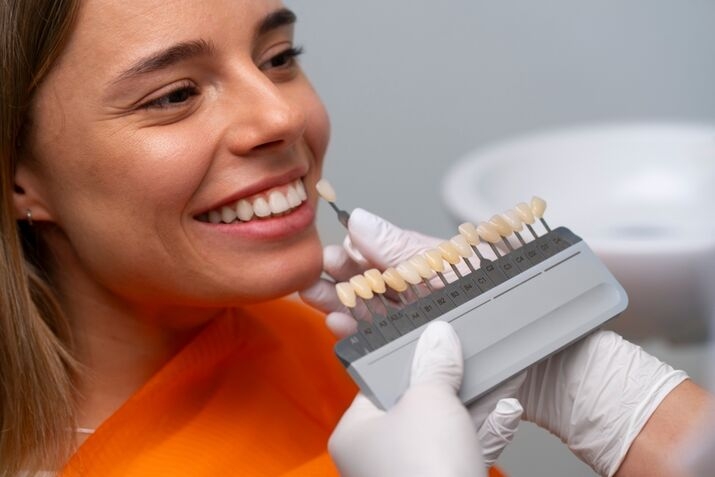
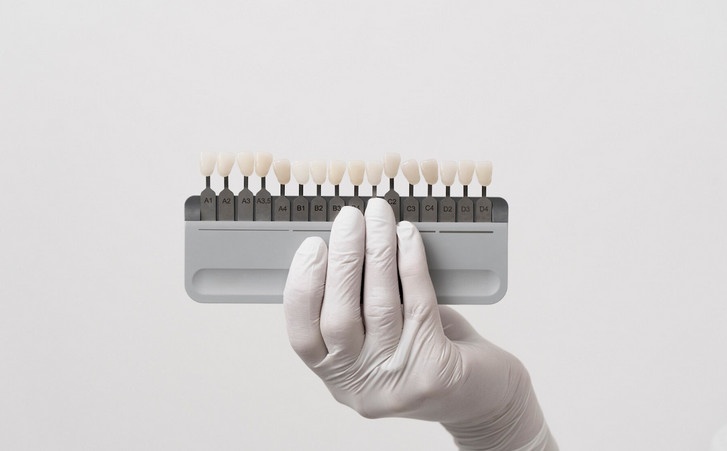

.jpg)


















.avif)


















.jpg)


